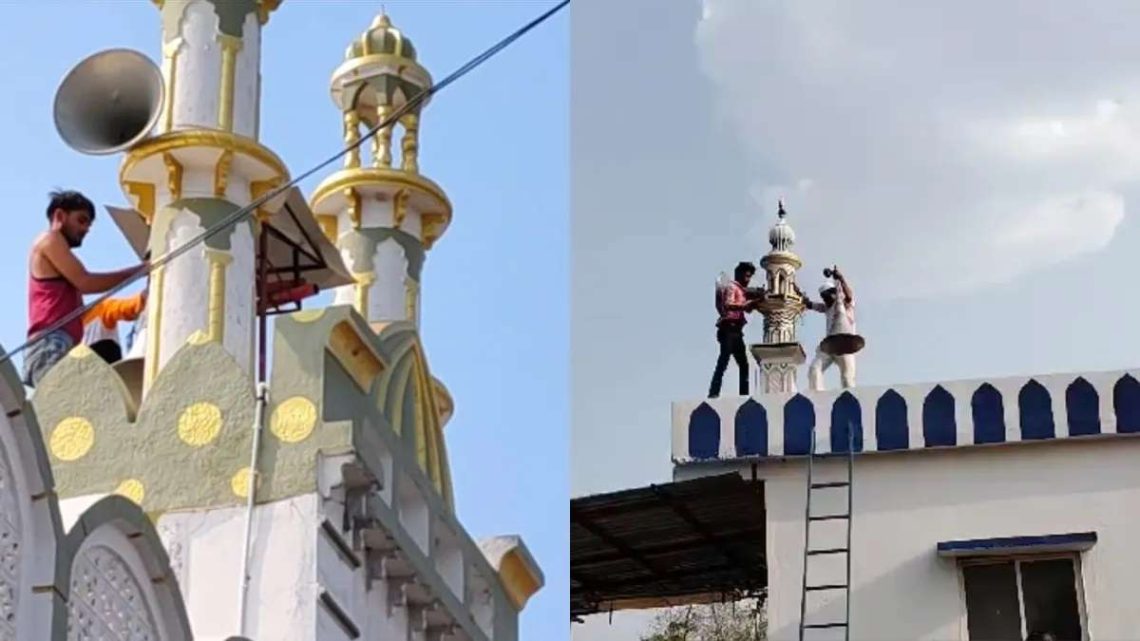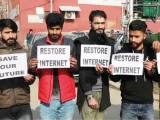
BJP Government Removes Loudspeakers from Mosques in MP, Sparks Communal Violence
May 29, 2024In a recent move by the BJP-led government in Madhya Pradesh, Indian officials have taken down 437 loudspeakers from 258 religious places, predominantly mosques. This action has sparked significant protests from Muslim religious leaders and communities, who see it as a targeted attack on their religious practices.
Over the last two days, loudspeakers have been removed from various mosques in different communities across Madhya Pradesh. This action, justified by the authorities as a measure to control noise pollution, has disproportionately affected Muslim places of worship.
A delegation led by Indore’s Shahar Qazi Mohammad Ishrat Ali met with District Magistrate Ashish Singh to discuss the issue. The delegation demanded that loudspeakers be allowed at religious places within the permissible noise limits. They argued that the rule should be uniformly applied to all sources of amplified sound, including DJs at weddings and other public functions.
The removal of loudspeakers has led to widespread protests from Muslim religious leaders. Shahar Qazi Mohammad Ishrat Ali, a prominent figure in Indore, voiced the community’s frustration and called for equal treatment. “If loudspeakers are banned at religious places, the same rule should apply to DJs at weddings and other functions,” he stated. This sentiment reflects a broader concern about the perceived bias in the enforcement of noise regulations.
This move by the BJP administration is seen by many as part of a larger pattern of actions that disproportionately impact minority communities, particularly Muslims. The removal of loudspeakers is not an isolated incident but fits into a broader narrative of religious and cultural marginalization.
The removal of loudspeakers from mosques in Madhya Pradesh has brought to the fore issues of religious freedom and equality before the law. It underscores the need for policies that respect the cultural and religious practices of all communities while balancing them with broader societal concerns like noise pollution.

